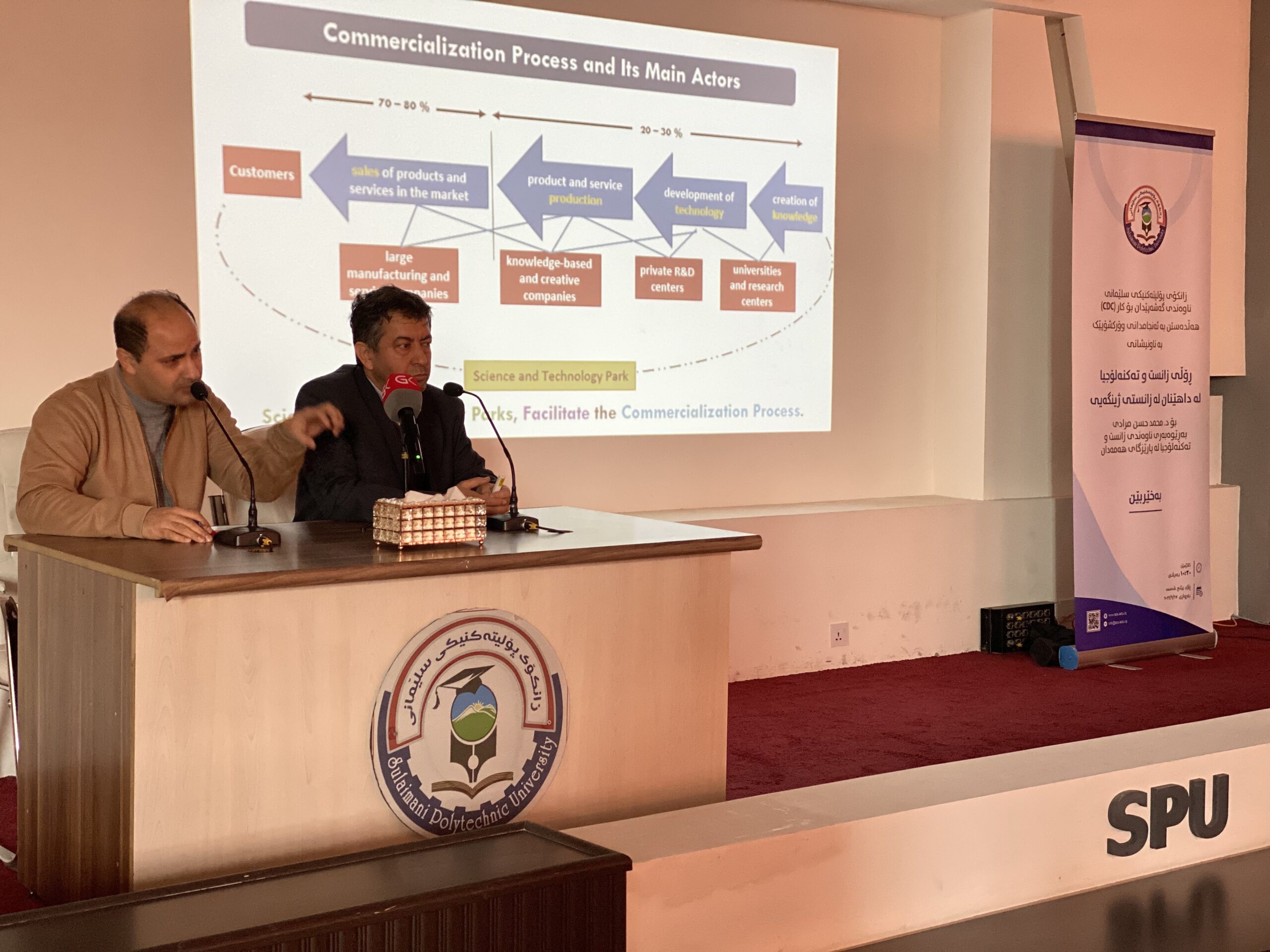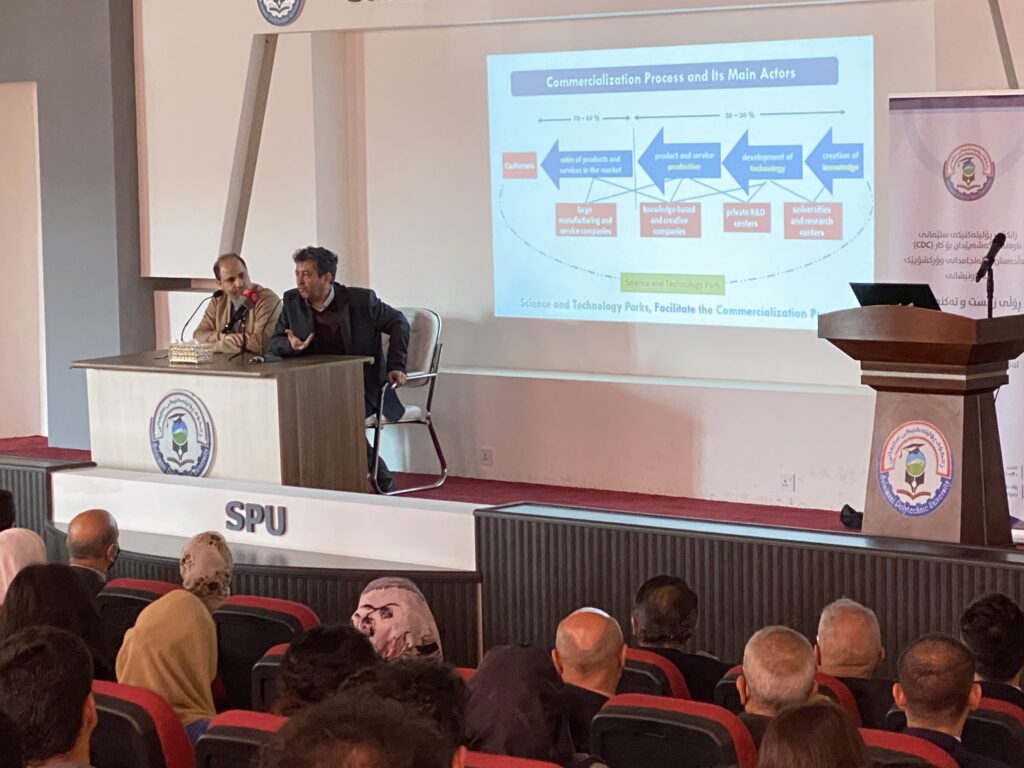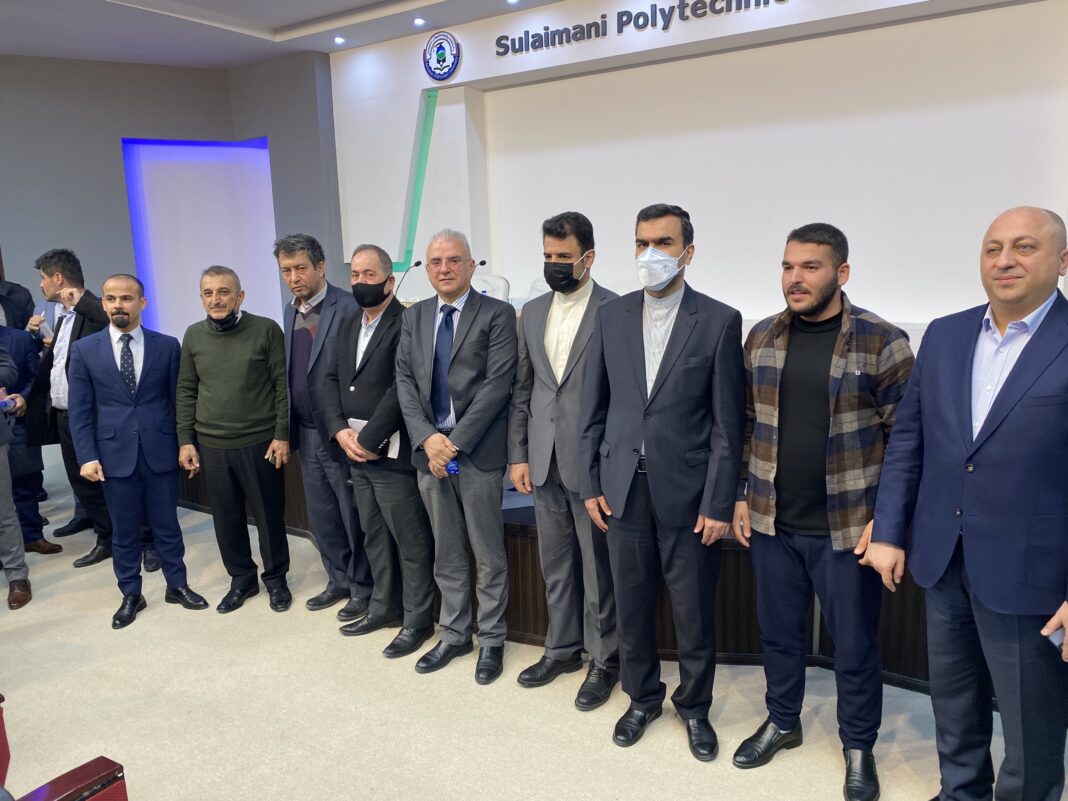1. Rising Demand for Kurdish Goods
Kurdistan’s exports are witnessing increased demand, particularly in construction materials, textiles, and food products. Regional conflicts and supply chain disruptions in neighboring areas have driven more businesses to seek reliable suppliers in Kurdistan.
2. The Role of Digital Trade Platforms
The Kurdistan Region is embracing digital trade platforms to improve the efficiency of exports. E-commerce solutions and online payment systems are making it easier for businesses to access global markets, thereby expanding their customer base.

3. The Impact of Trade Agreements
Recent trade agreements with Turkey, Iran, and other neighboring countries have opened up new opportunities for Kurdish exporters. The establishment of free trade zones and favorable tariffs are expected to further enhance regional trade ties and increase the volume of goods traded.

4. Key Export Sectors in Kurdistan
While oil remains the dominant export, the Kurdistan Region is seeing a growing demand for non-oil exports in sectors like agriculture, handicrafts, and textiles. The government’s focus on diversifying exports is helping to create a more balanced export portfolio, reducing reliance on oil exports.
5. Future Outlook for Trade and Exports
Looking ahead, the Kurdistan Region aims to strengthen its trade networks and expand exports to new markets. Continued infrastructure improvements, regional cooperation, and policy reforms are expected to create a more robust export economy, driving sustained growth in the coming years.





